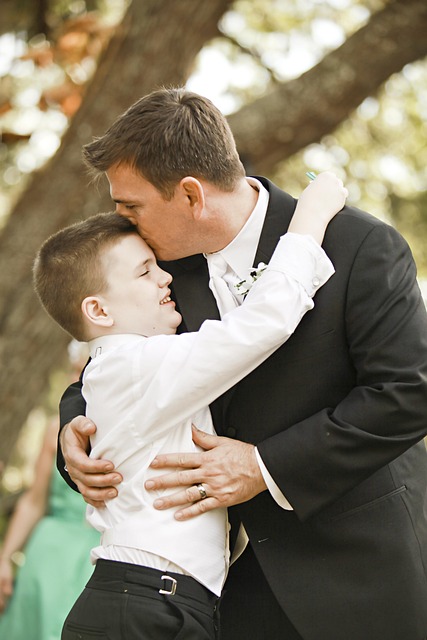A major review has revealed that older people are far less likely to receive an autism diagnosis, despite facing higher risks of poor health and social isolation. The investigation estimated that around 89 per cent of autistic people aged between 40 and 59 have never had their condition formally recognised. Among those over 60, the figure rises to 97 per cent.
++ Labour falls to lowest poll rating since 2024 victory
The analysis combined findings from several studies on autism in later life. It showed that older autistic adults experience higher rates of both physical and mental health conditions, are less likely to have had steady employment, and often report lower overall wellbeing. Researchers also found that older autistic people struggle to access medical care and maintain strong social relationships – two factors strongly linked with poorer health outcomes.
Although autism is believed to affect roughly one in 100 people, official diagnoses decline sharply after the age of 40. Data from the United States highlighted that autistic adults had higher rates of almost every physical condition compared to non-autistic peers, including heart disease, autoimmune disorders and gastrointestinal problems. More than half of older autistic adults were also found to have at least one psychiatric condition, such as depression or anxiety.
Dr Gavin Stewart of King’s College London, who led the review, told BBC Science Focus:
“Being autistic but undiagnosed can have widespread implications. Many people without a diagnosis often miss out on appropriate help and support, particularly for mental health.”
The lack of recognition and support can make healthcare especially difficult to navigate. Core autistic traits – such as different communication styles, sensory sensitivities and the need for routine – can clash with mainstream medical systems. For example, an autistic person may find it challenging to explain symptoms to a non-autistic doctor, particularly when overwhelmed by an unfamiliar environment or a noisy, brightly lit waiting room.
“Autistic people often describe that it is hard to live in a world that isn’t accommodating for them,” Stewart said.
Difficulties in forming and sustaining relationships mean many autistic adults become socially isolated in later life. Stewart added:
“Many autistic people are socially motivated and have fulfilling relationships, but non-autistic social expectations can create barriers, sometimes leaving them disconnected.”
The study also underscored how little research has focused on autism in older adults. Only 0.4 per cent of autism studies examine its impact on people later in life.
++ Kylie Minogue announces tension Tour Live 2025 Album
“The high rates of underdiagnosis mean that much of our research has systematically overlooked a large proportion of the autistic population, potentially skewing our understanding of how autistic people age and leaving major gaps in policy and services,” Stewart explained.
One reason, he noted, is that many older autistic people grew up when diagnostic criteria were much narrower. Autism only began appearing in diagnostic manuals during the 1960s, and many were misdiagnosed with psychiatric conditions such as anxiety or personality disorders before eventually being recognised as autistic. While most diagnoses still occur in childhood, awareness has grown significantly in recent decades. Broader diagnostic criteria, alongside greater understanding among teachers, clinicians and the public, have made it easier to identify autism in both children and adults today.





